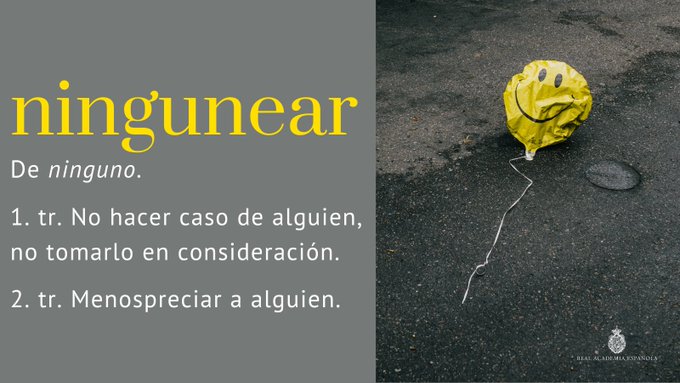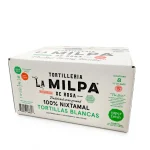In this post, we explore ten popular expressions that are commonly heard in conversations, on TV, and in everyday life in Mexico. Some of them can be rude or informal, so they must be understood but not necessarily used carelessly.
| Spanish Expression | Literal Translation | Equivalent in English |
|---|---|---|
| ningunear | to “no-one” someone | To belittle, ignore, treat someone as unimportant |
| hacendoso | hardworking around the house | Someone very diligent, domestic, helpful (often at home tasks) |
| No le saques (MX) | Don´t take it out from it | Don’t be afraid, don’t back down, don’t chicken out |
| ser pelado / peladez (MX) | to be “peeled” | To be rude, vulgar, ill-mannered (slang) |
| codearse con | to rub elbows with | To associate with important or influential people |
| sacar en hombros | take someone on shoulders | To celebrate someone greatly, to honor like a hero |
| enjundia (MX) | marrow or fat | Strength, spirit, passion, drive |
| saludar con sombrero ajeno | greet with someone else’s hat | Take credit with someone else’s effort or resources |
| huachicol (MX) | — | Stolen fuel (in Mexico), originally, apparently from diluted / adulterated alcohol. In Mexico, criminals and politicians milk oil ducts in rural areas. |
| retrato hablado (MX) | spoken portrait | Police sketch or identikit drawing from a witness description |
Understanding the Tones
Some words like pelado, ningunear can be harsh or used in strong contexts. They should be learned for comprehension, but used with caution. Others, like hacendoso and enjundia, are more descriptive and can even be positive.
“Ningunear” is especially Mexican and does not translate perfectly. It carries the feeling of being made invisible or treated as if you don’t matter.
“Saludar con sombrero ajeno” is used when someone is generous with something that is not theirs—like inviting people but someone else pays.




